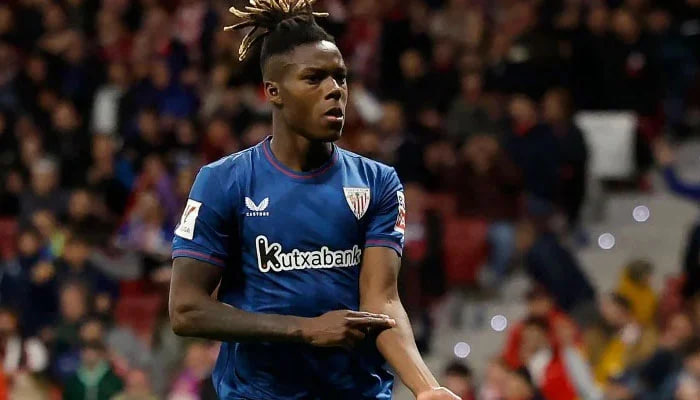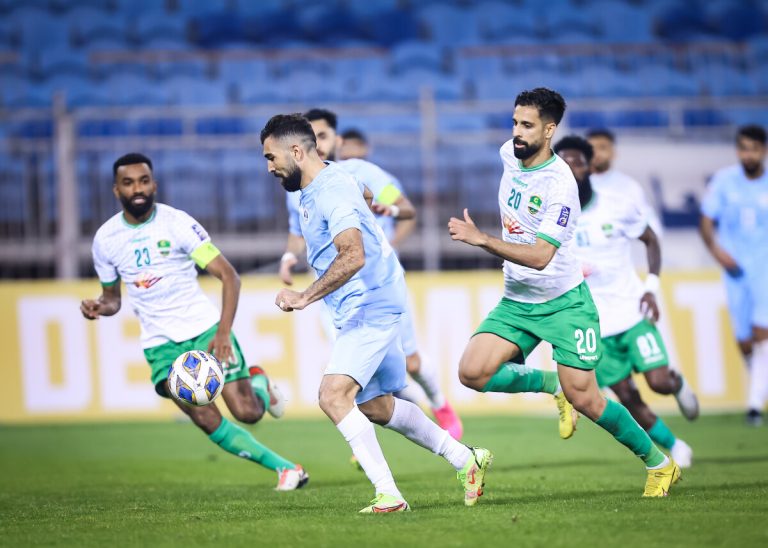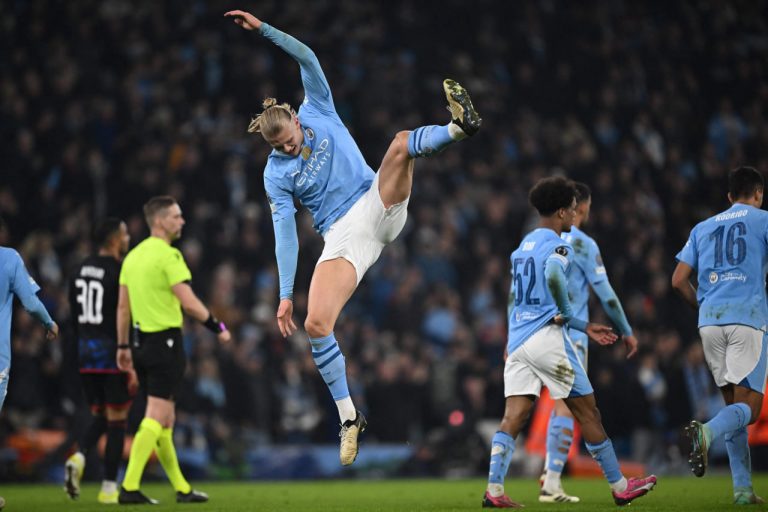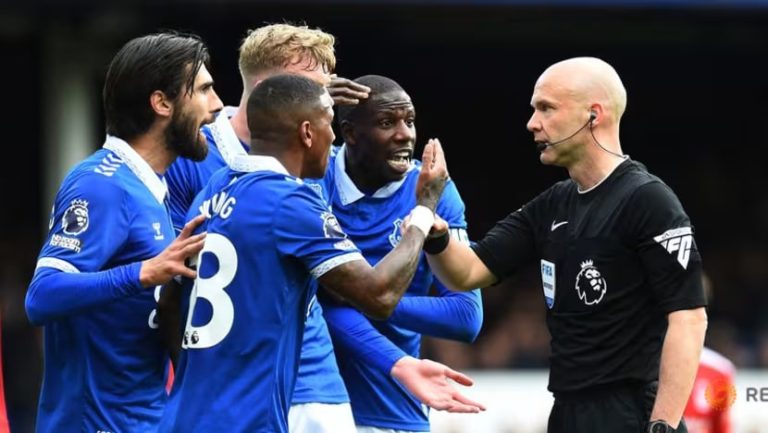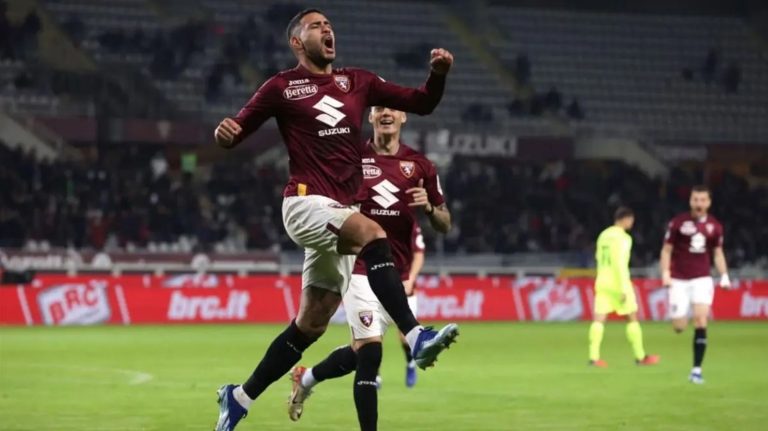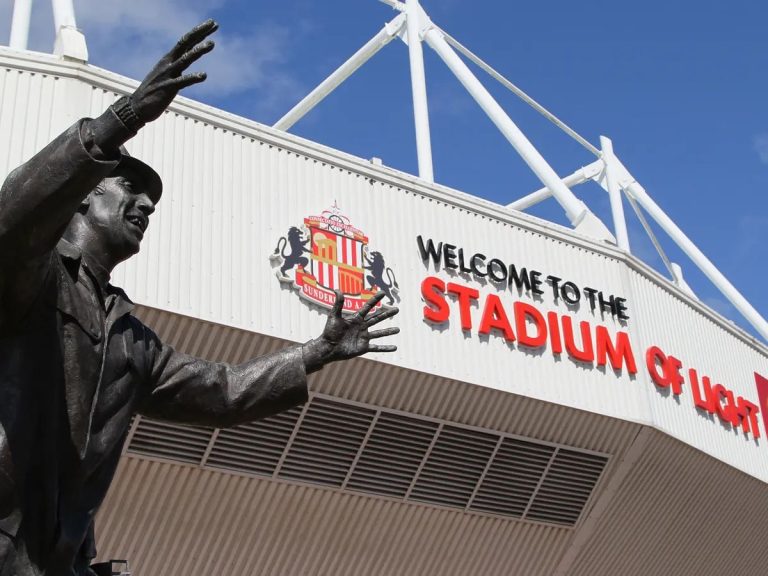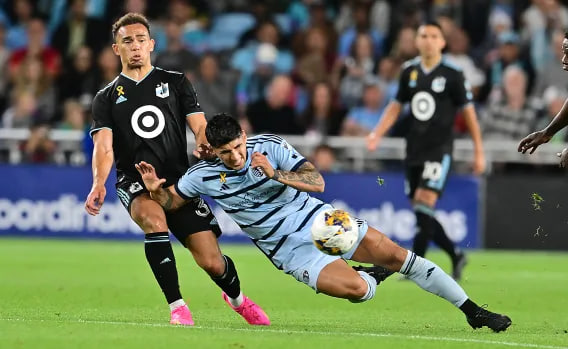Atletico Madrid Faces Sanctions Following Racist Abuse Incident
Following a distressing incident of racial abuse directed at Athletic Bilbao’s Nico Williams during a recent LaLiga match, Atletico Madrid finds themselves embroiled in controversy. The Spanish Football Federation (RFEF) has handed down a two-match partial stand closure to Atletico’s south stand, coupled with a €20,000 fine, as a consequence of the racist behaviour witnessed during the game.
The incident occurred during Saturday’s match, prompting referee Juan Martinez Munuera to halt the game in the 36th minute in accordance with LaLiga’s anti-racism protocol. Williams, a 21-year-old Spanish international of Ghanaian descent, was the target of the abusive remarks. Born in Pamplona, Williams represents the multicultural fabric of modern Spain, yet he was subjected to intolerable racist taunts.
Reuters approached Atletico Madrid for comment, but they remained silent, suggesting a potential lack of immediate accountability from the club’s end. However, they have been given a 10-day window to contest the RFEF’s decision.
The RFEF’s statement on Tuesday outlined the terms of Atletico’s partial stand closure, stipulating that the affected area must prominently display a visible message condemning all forms of violence, racism, xenophobia, and intolerance in football, while also affirming support for fair play. This punitive measure serves not only as a reprimand but also as a call for introspection within the club and its fanbase.
In a poignant moment during the match, shortly after being subjected to racial abuse, Williams scored a goal. He celebrated by running in front of the south stand, gesturing to his skin color in defiance. His actions were a powerful statement against discrimination, highlighting the resilience and dignity required of those who face such bigotry.
Post-match, Williams spoke out about the incident, expressing his frustration with the prevalence of ignorance and hatred in society. He emphasized the need for continuous efforts to combat racism, acknowledging that change must be incremental but steadfast.
This distressing incident adds to a concerning pattern of racial discrimination in Spanish football. Notably, there have been numerous reported instances of racist abuse against Real Madrid’s Brazilian winger Vinicius Jr. over the past two seasons, reflecting a systemic issue that extends beyond individual clubs.
In a related development earlier this month, Spanish TV network Movistar Plus+ parted ways with analyst German Burgos following remarks perceived as racist by Barcelona and Paris St Germain, prompting a boycott of interviews from the clubs. The incident underscores the importance of holding individuals and institutions accountable for perpetuating discriminatory attitudes.
In April, Getafe faced sanctions similar to Atletico’s after their central stand was partially closed for three matches due to racist and xenophobic abuse directed at Sevilla’s manager and a player. These recurring incidents underscore the urgent need for comprehensive measures to address racism in Spanish football, both within stadiums and in broader society.
Furthermore, the suspension of a Spanish third-division match between Rayo Majadahonda and Sestao River due to racial abuse aimed at Rayo’s Senegalese goalkeeper further highlights the pervasive nature of this issue, emphasizing the necessity of collective action to eradicate racism from the sport.
As the footballing world grapples with these challenges, it becomes evident that addressing racism requires a multifaceted approach involving education, regulation enforcement, and fostering a culture of inclusivity and respect. The incident involving Nico Williams serves as a stark reminder of the work that lies ahead in creating a more equitable and welcoming environment for all within the beautiful game.

